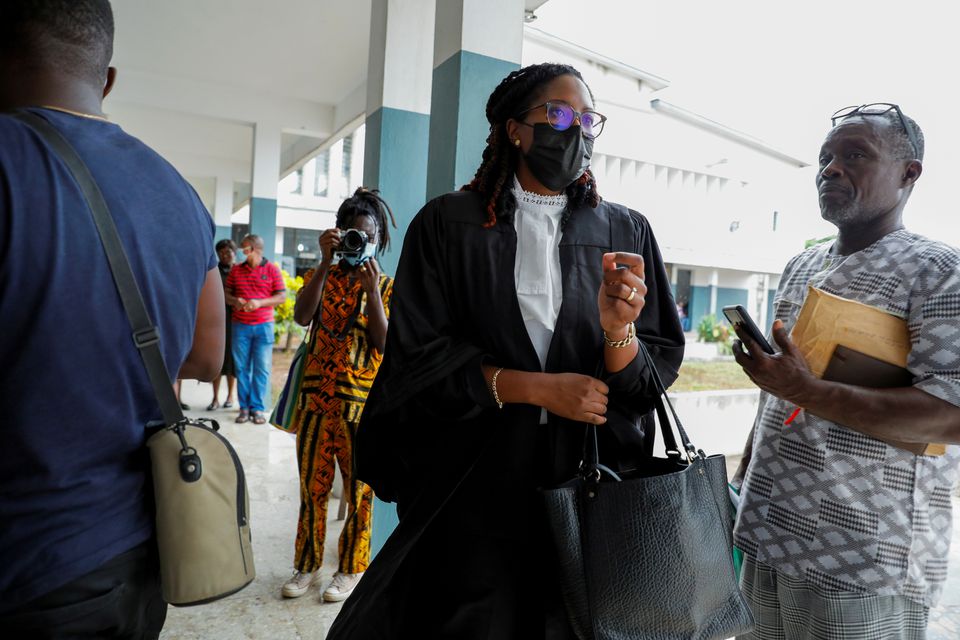Accra: Supporters and opponents of Ghana’s new anti-LGBTQIA+ bill faced off in parliament on Wednesday in the first public hearings into the proposed legislation that would make it a crime to be gay, bisexual or transgender.
Akoto Ampaw, a lawyer representing a coalition against the law, was met with occasional jeers as he told the session the Family Values bill would be “totalitarian” and “unconstitutional”.
On the other side of the argument, Abraham Ofori-Kuragu, a representative of Ghana’s Pentecostal council, told the tense gathering of lawmakers and media the bill reflected the will of most Ghanaians.
There have been no national opinion polls on the bill, which has been condemned by UN rights experts. But supporters say the legislation has broad backing in the largely Christian West African country.
Gay sex is already punishable by up to three years in prison in Ghana, though no one has been prosecuted in years.
The new bill would go further, lengthening jail terms and forcing some to undergo “conversion therapy” – practices intended to change a person’s sexual orientation.
It would also criminalise the promotion and funding of LGBTQIA+ activities as well as public displays of same-sex affection and cross-dressing.
“The very provisions of the bill stoke hate, bigotry and violence against a small and vulnerable minority community,” Ampaw said in his opening statement to the Committee on Constitutional, Legal and Parliamentary Affairs.
Ofori-Kuragu of the Pentecostal council said opposition to the bill had been stoked by the West.
“I have never seen a bill so bold in its presentation of the Ghanaian agenda,” he said.
LGBTQIA+ rights groups in Ghana said they have seen a spike in homophobic attacks since the draft law was introduced in August.
“Our greatest worry is the health and safety of our community members,” Danny Bediako, director of the human rights organisation Rightify Ghana, told Reuters. “I have never seen so many people who want to leave the country.”
Homosexuality remains taboo in many socially conservative African societies where some religious groups have branded it a corrupting Western import.
Gay rights activists say it was actually colonial Western powers who first criminalised homosexuality in many parts of the continent.
The committee is expected to hear ten petitions a week in a series of public sessions before the bill is put to a vote in parliament, deputy majority leader Alexander Afenyo-Markin said.
Featured image credit: Reuters
(Reuters)

